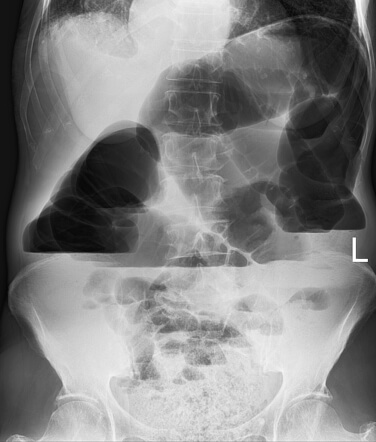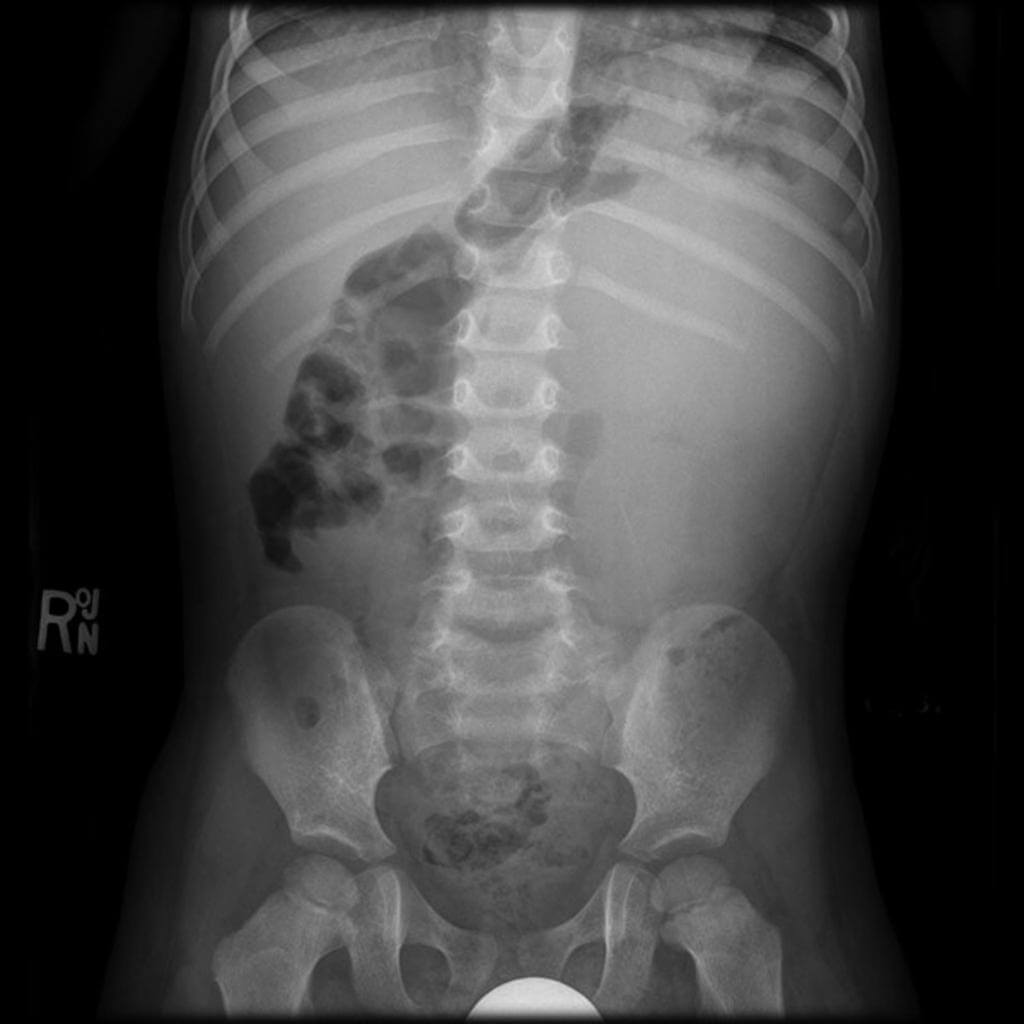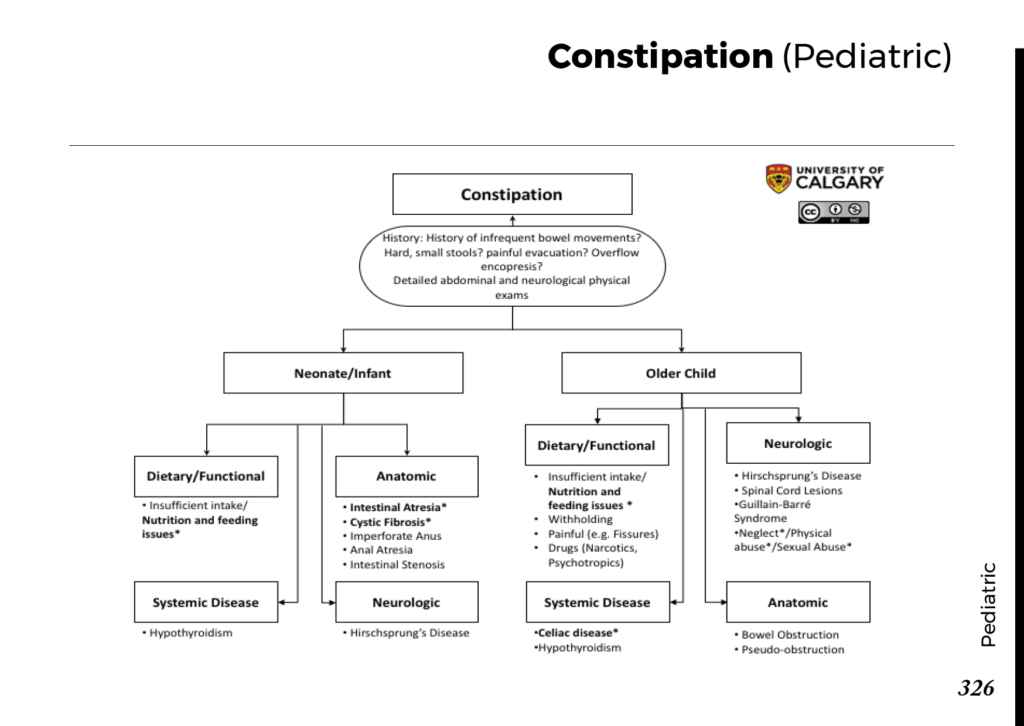Navigating Challenges: Best Strategies for Difficulty Passing Stool but Not Constipated
Introduction
Digestive health is a topic that often takes a backseat in our daily conversations. However, it is crucial to our general well-being. Constipation is a term that readily comes to mind when discussing digestive issues, but what about those moments when passing stool becomes an arduous task? Yet, constipation isn’t the primary culprit. This enigma lies in difficulty passing stool without being officially constipated, and it’s a concern that many individuals silently grapple with.
Managing the discomfort associated with difficulty passing stool but not constipated involves adopting a balanced diet, staying hydrated, and consulting healthcare professionals for tailored guidance.
In this comprehensive exploration, we embark on a journey to unravel the intricacies of this lesser-known facet of digestive health. We’ll navigate through the causes, exploring the delicate balance between hydration and diet, the influence of our sedentary lifestyles, and the potential impact of medications. Beyond the physical, we’ll dive into the complex world of gastrointestinal disorders, understanding how conditions like Irritable Bowel Syndrome (IBS) and motility disorders can disrupt the natural flow of bowel movements.
Yet, our investigation continues beyond there. The mind-gut connection is a powerful force, and we’ll dissect the psychological factors contributing to the struggle of passing stool. Stress and anxiety, often underestimated in their impact, can wreak havoc on our digestive systems. Additionally, the fear of pain during bowel movements can create a psychological barrier, making the process more challenging than it needs to be. Difficulty passing stool but not constipated may indicate a potential underlying issue with bowel function that requires investigation.

Armed with this understanding, we’ll then pivot toward actionable solutions. From lifestyle modifications such as hydration strategies, dietary changes, and regular exercise to seeking professional help when necessary, we’ll equip you with a holistic toolkit to address difficulty passing stool. Real-life case studies and personal experiences will add a human touch, illustrating that overcoming these challenges is possible and a journey many have successfully navigated.
So, buckle up as we embark on this journey to demystify the complexities of difficulty passing stool – an often-overlooked aspect of digestive health that deserves a spotlight. Let’s unravel the layers, empower ourselves with knowledge, and pave the way for a smoother, more comfortable path to digestive well-being. Experiencing difficulty passing stool but not constipated could point to a nuanced gastrointestinal concern that warrants medical attention.
Causes of Difficulty Passing Stool
Inadequate Hydration
Inadequate hydration is a major cause of difficulties passing the stool. Water is essential to maintaining the proper consistency of stool. Dehydration can result in hard, dry stools that are difficult to pass. Consuming adequate water daily is recommended to ensure optimal digestive health. If you find yourself facing difficulty passing stool but not constipated, it might be a signal of a digestive issue that needs evaluation.
Lack of Dietary Fiber
Another contributing factor is a diet low in fiber. Fibre adds bulk to the stool, facilitating smoother passage through the digestive tract. To increase stool consistency, consume more vegetables, fruits, whole grains, and other foods high in fiber, or take fiber supplements.
Sedentary Lifestyle
Exercise stimulates bowel movements, which in turn promotes healthy digestion. Even simple exercises like yoga or walking can significantly impact keeping regularity in the intestines. Inactivity can also affect the passage of stool.
Medications
Certain medications may interfere with the digestive process, leading to difficulty passing stool. It’s essential to consult healthcare providers about any medicines contributing to this issue and explore alternative options or supportive measures.

Gastrointestinal Disorders
Irritable Bowel Syndrome (IBS)
One common gastrointestinal illness called Irritable Bowel Syndrome (IBS) can cause trouble passing feces. Individuals with IBS often experience abdominal pain, bloating, and changes in bowel habits. Understanding the symptoms and seeking professional guidance can aid in managing and treating IBS effectively. difficulty passing stool but not constipated may be a symptom of an atypical bowel disorder, prompting a closer examination of digestive health.
Gastrointestinal Motility Disorders
Disorders affecting the movement of the gastrointestinal tract can result in difficulty passing stool. These conditions may require medical interventions to regulate and enhance bowel movements. Collaborating with gastroenterologists is crucial for accurate diagnosis and tailored treatment plans. When confronted with difficulty passing stool but not constipated, it’s essential to explore possible causes with a healthcare professional.
Anal Fissures and Hemorrhoids
Pain and discomfort during bowel motions can result from conditions including hemorrhoids and anal fissures, which can make it difficult to pass stool. Identifying the symptoms and exploring treatment options, including lifestyle modifications and medical interventions, can alleviate these issues.
Psychological Factors
Stress and Anxiety
The mind-gut connection is well-established, and stress and anxiety can significantly impact digestive health. Prolonged stress can cause bowel habits to shift and make it harder to pass feces. Incorporating stress-reduction techniques, such as mindfulness or meditation, can positively influence overall digestive well-being. The perplexing scenario of difficulty passing stool but not constipated may indicate a need for a comprehensive gastrointestinal assessment. Difficulty passing stool but not constipated, a perplexing symptom that may indicate underlying gastrointestinal issues.
Fear of Painful Bowel Movements
Anxiety can spiral out of control when someone worries that going to the bathroom will hurt them, which makes it harder to get rid of waste. Cognitive-behavioral approaches can effectively break this cycle, helping individuals overcome the psychological barriers associated with bowel movements.

Lifestyle Modifications for Improved Stool Passage
Hydration Strategies
Incorporating hydration strategies, such as infused water or hydration apps, can help individuals maintain consistent water intake. These small changes may significantly impact stool consistency.
Dietary Changes
Adopting a fiber-rich diet through whole foods or supplements is a practical approach to improving stool passage. Thoughtful meal planning can contribute to better digestive health and regular bowel movements.
Regular Exercise
Establishing a regular exercise routine, even through simple activities like walking, can enhance gastrointestinal motility. Physical activity promotes overall well-being and contributes to maintaining a healthy digestive system.
Unexplained difficulty passing stool but not constipated might be a red flag for an underlying gastrointestinal condition that requires medical attention. Difficulty passing stool but not constipated, a perplexing symptom that may indicate underlying gastrointestinal issues.
Seeking Professional Help
While lifestyle modifications can be instrumental in addressing difficulty passing stool, there comes a point where seeking professional help becomes paramount. When consulting a healthcare provider, persistent symptoms or warning signs should be considered; this section delves into the importance of seeking expert guidance and outlines the steps involved in the medical exploration of this nuanced digestive concern.
When to Consult a Healthcare Provider
Persistent Symptoms
- If the difficulty in passing stool persists despite lifestyle changes, it is imperative to consult a healthcare provider. Ongoing challenges may indicate underlying issues that require a more in-depth investigation.
Warning Signs
- Certain red flags should prompt an immediate consultation. Unexplained weight loss, severe abdominal pain, blood in the stool, or sudden changes in bowel habits can be indicative of more serious conditions and warrant prompt attention.
Medical Examinations and Tests
Diagnostic Procedures
- Gastrointestinal issues can be complex, and a thorough examination may be required. Diagnostic procedures such as colonoscopies, endoscopies, and imaging tests can provide detailed insights into the structure and function of the digestive system.
Collaboration with Gastroenterologists
- Seeking the expertise of gastroenterologists is crucial for a comprehensive evaluation. Because of their extensive training in diagnosing and treating a wide range of gastrointestinal problems, these specialists can precisely determine the underlying cause of difficulties passing stool.
Individuals can benefit from personalized insights and targeted interventions by involving healthcare professionals in the journey to better digestive health. Difficulty passing stool but not constipated, a perplexing symptom that may indicate underlying gastrointestinal issues.
Case Studies and Personal Experiences
Real-life stories of individuals who have faced and overcome difficulty passing stool provide valuable insights. These case studies illustrate the variety of experiences and lessons learned, emphasizing that solutions are achievable through lifestyle changes and professional guidance. Difficulty passing stool but not constipated might be a red flag for an underlying gastrointestinal condition that requires medical attention. Difficulty passing stool but not constipated, a perplexing symptom that may indicate underlying gastrointestinal issues.

Conclusion: Difficulty Passing Stool but Not Constipated
In unravelling the layers of difficulty passing stool without being constipated, we’ve journeyed through the intricate web of causes, from dehydration and dietary deficiencies to the impact of sedentary lifestyles and medications. We’ve delved into the realm of gastrointestinal disorders, understanding conditions like Irritable Bowel Syndrome (IBS) and motility disorders that can disrupt the harmonious flow of bowel movements. Moreover, we’ve explored the profound connection between the mind and the gut, acknowledging the role of stress, anxiety, and the fear of pain in shaping our digestive experiences.
As our investigation nears its end, the path forward becomes more apparent. With knowledge, individuals can implement practical lifestyle modifications to improve stool passage. Strategies for adequate hydration, dietary adjustments, and regular exercise emerge as potent tools in our arsenal against these challenges. These are theoretical solutions and actionable steps that can pave the way for more comfortable and regular bowel movements when incorporated into daily life. Difficulty passing stool but not constipated might be a red flag for an underlying gastrointestinal condition that requires medical attention.
Experiencing difficulty passing stool but not constipated can indicate various underlying factors, emphasizing the importance of seeking medical advice for proper evaluation.
Yet, this journey is not a solo expedition. For the sake of our digestive health, it is essential to know when to consult a specialist. Persistent symptoms or warning signs should not be ignored, and the guidance of healthcare providers becomes an invaluable resource in deciphering and addressing underlying issues. Difficulty passing stool but not constipated, a perplexing symptom that may indicate underlying gastrointestinal issues.
In closing, our exploration would only be complete with acknowledging the human aspect of the struggle. Real-life case studies and personal experiences shared throughout this journey underscore the resilience of individuals who have faced and triumphed over difficulty passing stool. These stories serve as beacons of hope, emphasizing that solutions are not elusive but achievable through personal determination, lifestyle adjustments, and professional intervention when needed.
As we conclude this deep dive into the intricacies of digestive health, let it be a call to action for all who have silently faced these challenges. Empowerment lies in understanding, taking proactive steps, and embracing a holistic approach to well-being. Difficulty passing stool need not be a perpetual enigma; armed with knowledge and a commitment to self-care, we can navigate towards a future marked by digestive comfort and overall vitality. Here’s to a smoother, more effortless path – one step at a time. Difficulty passing stool but not constipated might be a red flag for an underlying gastrointestinal condition that requires medical attention.

